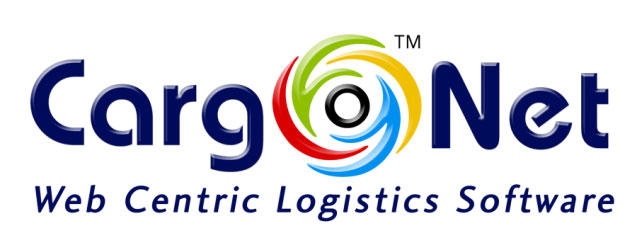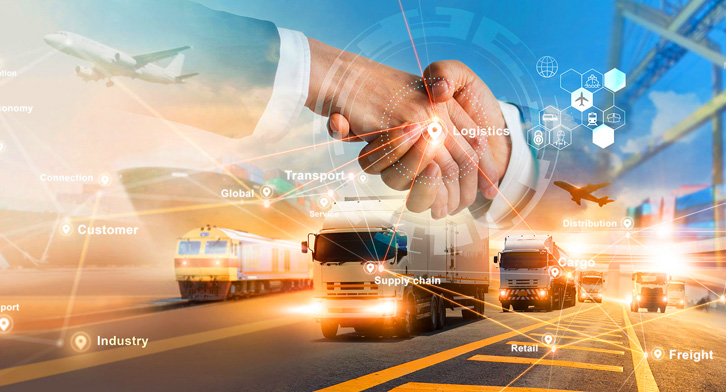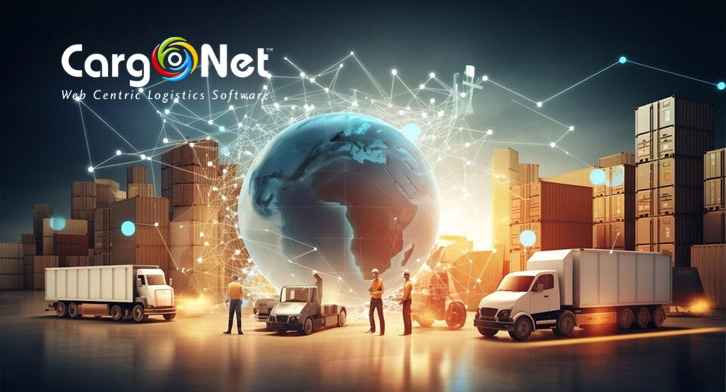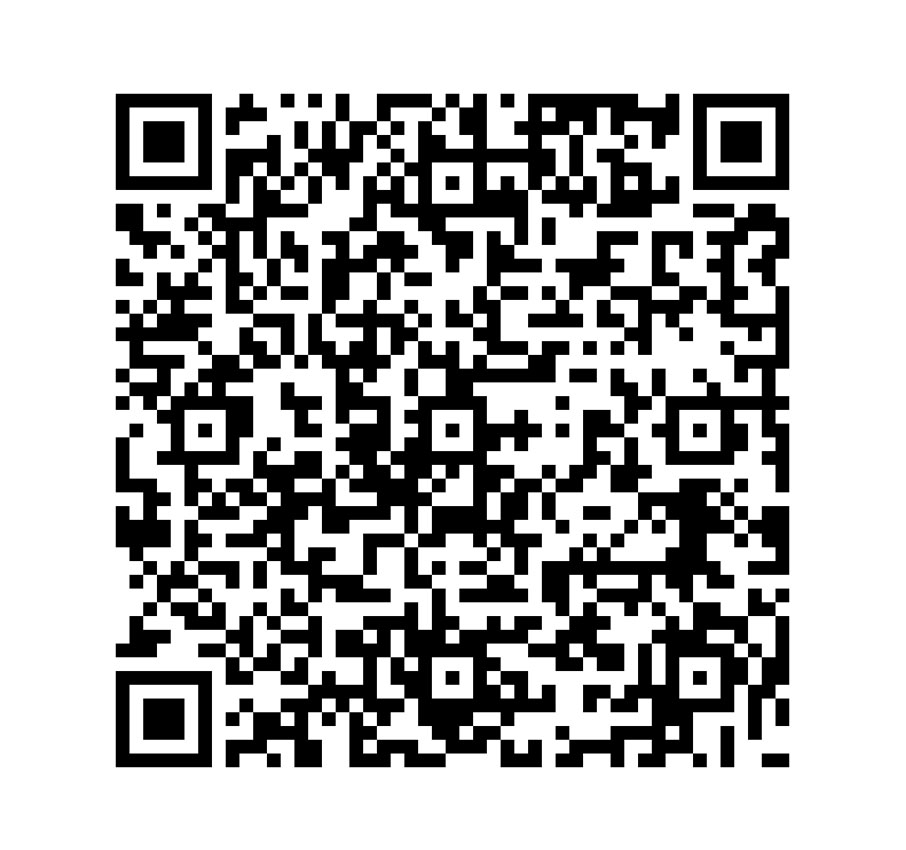1. Human Errors Leading to Financial Discrepancies :-
Manual invoicing is prone to human errors such as incorrect data entry, misplaced decimal points, or duplicate entries. These mistakes can lead to financial inconsistencies, disputes with clients, and delayed payments, ultimately affecting cash flow.
2. Time-Consuming and Labor-Intensive Process :-
3. Difficulty in Tracking and Managing Invoices :-
4. Complex Reconciliation with Bank Statements :-
Matching invoices with bank statements manually is a tedious process that requires cross-referencing multiple records. Errors in reconciliation can lead to discrepancies, making it difficult to detect missing payments or unauthorized transactions.
5. Risk of Fraud and Unauthorized Changes :-
6. Compliance and Regulatory Challenges :-
7. Lack of Integration with Other Systems :-
Overcoming Manual Invoicing Challenges with CargoNet
- Reduce Errors : CargoNet minimizes human errors by accurately generating and processing invoices.
- Save Time : The automation speeds up invoice creation, tracking, and reconciliation, improving efficiency.
- Enhance Visibility : CargoNet provides real-time invoice and payment tracking, reducing missed payments.
- Improve Security : Digital solutions within CargoNet offer audit trails and fraud detection mechanisms.
- Ensure Compliance : CargoNet aligns with tax regulations and financial reporting standards, ensuring compliance.
- Seamless Integration : CargoNet integrates with accounting and ERP systems, streamlining financial management.
Conclusion
Manual invoicing and reconciliation present significant challenges that can hinder business operations. By transitioning to CargoNet automated solutions, businesses can improve accuracy, efficiency, and financial control, ensuring smoother operations and better financial health. Investing in CargoNet’s invoicing tools is a strategic move toward modernizing financial processes and achieving long-term business success.










